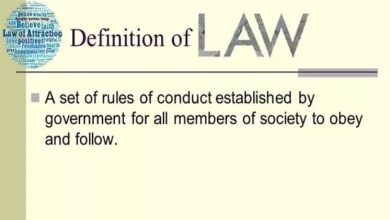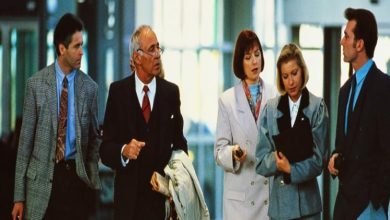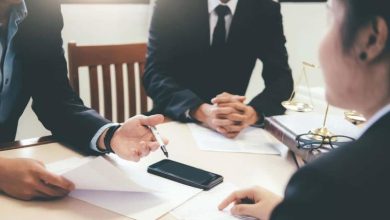Crafting a Winning Case: The Strategic Use of Expert Witnesses in Litigation

Expert witnesses, who offer specialized information and insights that might strengthen a case, are crucial in determining how judicial processes turn out. In order to effectively and persuasively convey complicated topics and persuade juries and judges to support your client’s viewpoint, expert witnesses must be used strategically. Having a solid understanding of how to use expert witnesses will improve your litigation strategy and raise the chances of a successful conclusion.
1. Identifying Key Issues:
Choosing expert witnesses and developing a strong case strategy both start with identifying important topics. These essential questions form the basis of the legal dispute and frequently deal with intricate scientific, technical, or specialized subjects. Legal teams can more effectively evaluate the experience and credentials required in expert witnesses to address these crucial concerns by identifying them early in the litigation process.
Expert witnesses are expected to have extensive knowledge and expertise pertaining to these fundamental questions. This will allow them to offer insightful opinions and analyses that help the court make sense of and resolve complicated cases. Expert witnesses also need to be skilled at converting complex or specialized facts into understandable language for jurors, judges, and other non-experts.
2. Selecting Qualified Experts:
Because expert evidence may substantially influence the result of litigation, choosing qualified experts is an essential part of developing a solid legal case. Prioritizing people with the credentials, expertise, and credibility needed to support your case credibly is crucial when selecting expert witnesses. This means carefully assessing possible applicants’ educational background, professional qualifications, and relevant work experience in the case-relevant field.
Seek out professionals who have a track record of accomplishment and proficiency in their fields of specialty, as demonstrated by papers, studies, professional associations, and prior testifying experience. In addition, please consider the expert’s standing in the academic or professional community and any possible conflicts of interest that can impair their impartiality or objectivity.
3. Collaborating with Experts:
Working closely with expert witnesses is essential to making the most of their testimony and making sure it flows naturally into your legal plan. Expert witnesses are crucial partners in assembling a strong case because they bring specific knowledge and experience to the table. From the beginning of the litigation process, it is crucial to have a collaborative partnership and open channels of communication in order to realize their full potential.
This entails giving expert witnesses a thorough grasp of the case, including all relevant background data, supporting documentation, and intricate legal and factual details. Legal teams may assist in ensuring that expert witness evidence is based on full knowledge of the intricacies and goals of the case by providing essential insights and talking about strategic issues with witnesses.
4. Presenting Persuasive Testimony:
Using expert witnesses strategically is essential to presenting compelling testimony. In addition to their expertise, these specialists also provide a well-honed tactic to the trial. They can communicate complicated concepts succinctly and clearly by drawing on their experience, which will increase the legitimacy of your argument.
Expert witnesses should be guided by stressing the value of being professional when answering questions from opposing counsel. A well-thought-out expert witnesses strategy guarantees that, even in the face of severe examination, their evidence will remain compelling, so bolstering your case.
5. Leveraging Expert Reports and Findings:
As they are effective instruments for supporting legal claims and enhancing a case’s credibility, expert reports and findings should be utilized strategically in litigation. Specialist reports offer a thorough examination of complicated problems written by people with specific knowledge and experience in related domains. Carefully crafted, these reports need to include an in-depth analysis of the data, techniques used, and expert judgments.
Expert reports give insightful information that can bolster important legal arguments and strengthen the case’s persuasiveness by offering a thorough and well-reasoned analysis backed by pertinent testimony. Expert reports are a useful tool for legal teams in a number of contexts, such as motions filed before trial, settlement talks, and court cases.
Conclusion:
Expert witness usage may have a big influence on how a lawsuit turns out since it can provide you with the support and knowledge you need to persuade juries and judges to find in your favor. Making a strong case increases your chances of prevailing in court by focusing on important topics, choosing knowledgeable specialists, working well with others, giving compelling testimony, and using expert reports.




